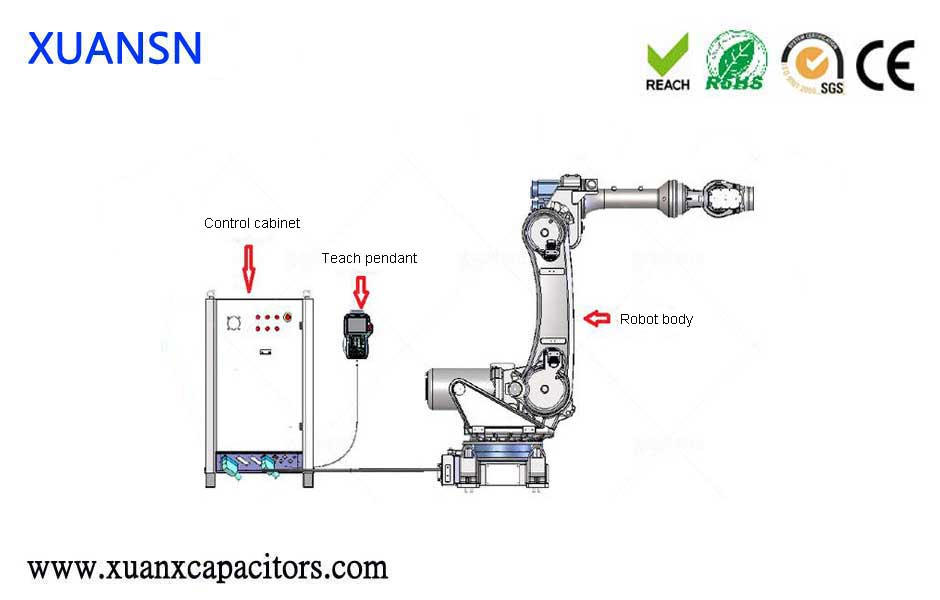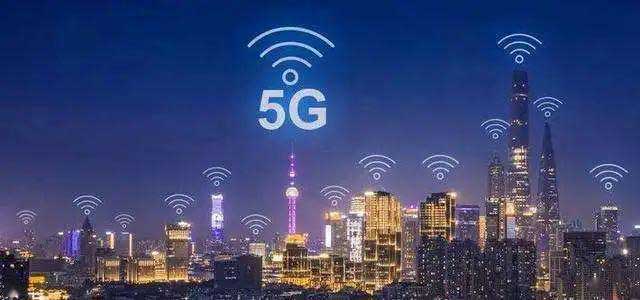According to British media reports, as online payment is booming in India, one of the economies most affected by the new crown pneumonia epidemic, India plans to promote its digital payment model globally.
The British “Financial Times” website reported on July 25 that since its launch in 2016, India’s “Unified Payment Interface” (UPI) has promoted the development of online payment in a country with a population of nearly 1.4 billion. With this system, people can complete cheap, instant cross-bank account transfers and pay for everything from groceries to online services.
UPI has also attracted a large amount of investment. The Indian e-commerce start-up Flip Carter and other companies jointly invested by Google and Walmart have launched UPI-based applications.
The report noted that with the spread of the new crown epidemic, which forced Indians to maintain social distancing and avoid cash payments, the transaction volume on the platform reached a record 1.34 billion in June this year.
UPI was established by the Central Bank of India and managed by the National Payment Corporation of India. The owner is a consortium composed of local lending institutions.
Dilip Asby, CEO of the National Payment Corporation of India, said that following the pilot project in Singapore, the company has held preliminary talks with the Bank for International Settlements, the World Bank and the Bill & Melinda Gates Foundation. Explore the possibility of cooperation.
He said UPI’s advantage is that it is attractive in all areas of India’s divided economy-from rich consumers to poor communities.
Facts may also prove that UPI can be used to achieve transactions and remittances in countries with many Indian diasporas. The National Payment Corporation of India established an international subsidiary in April this year, but Asbey said that the pilot project in Singapore is mainly for Indians based in this Southeast Asian country. Due to travel restrictions, its transaction volume is very limited. He said: “This will be a lasting process.”
Neil Shah, an analyst at Conte Point Research in the United States, said that it may be difficult to convince other countries to accept UPI because governments all want to review this infrastructure in order to build trust. He said: “There are huge opportunities. The challenge is obviously trust.”
According to the report, India has been promoting platforms like UPI in order to accelerate the pace of financial inclusion among a large part of the population that has long been excluded from the banking system.




